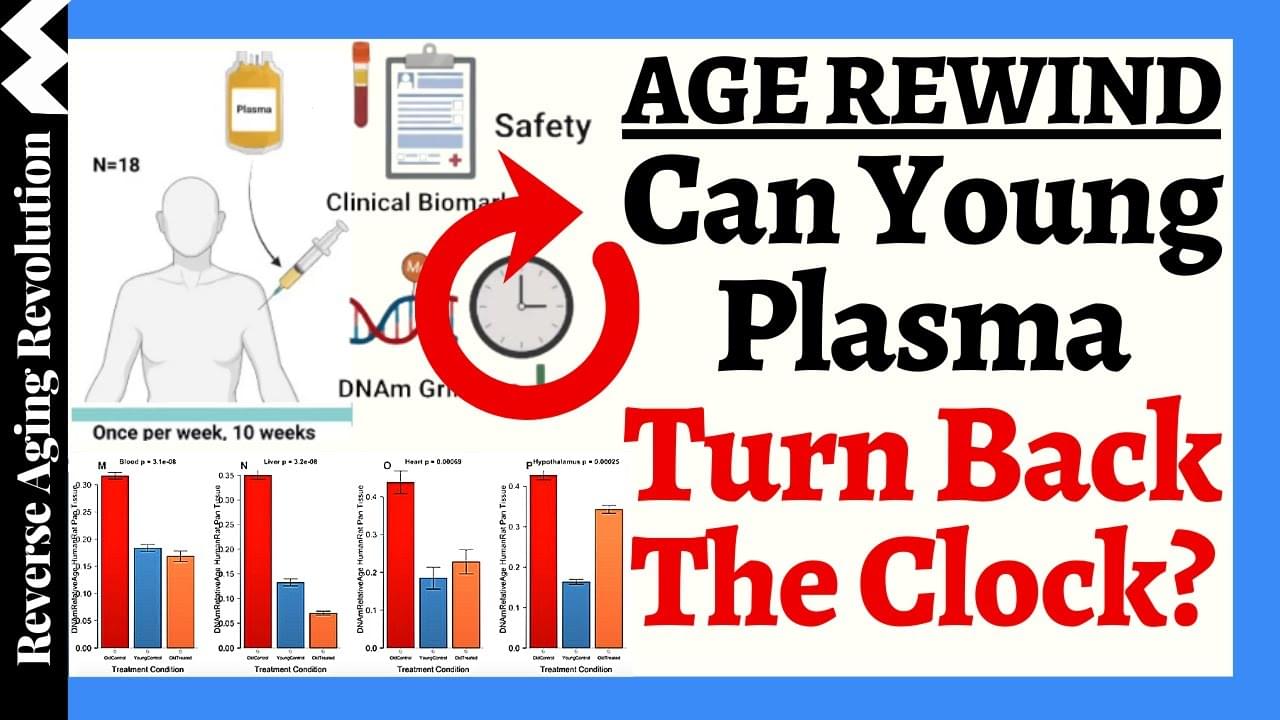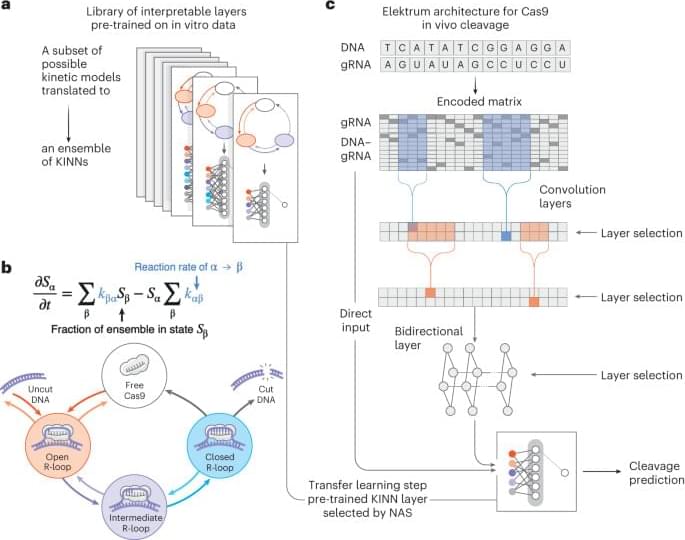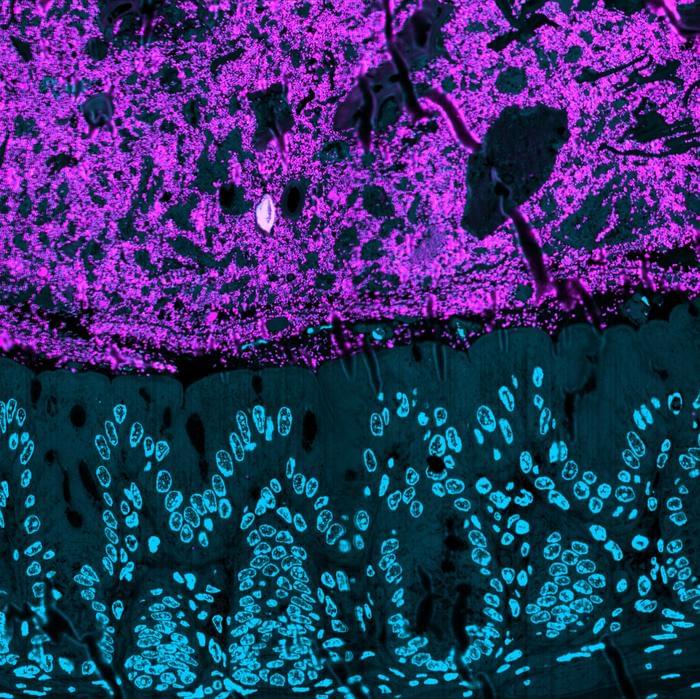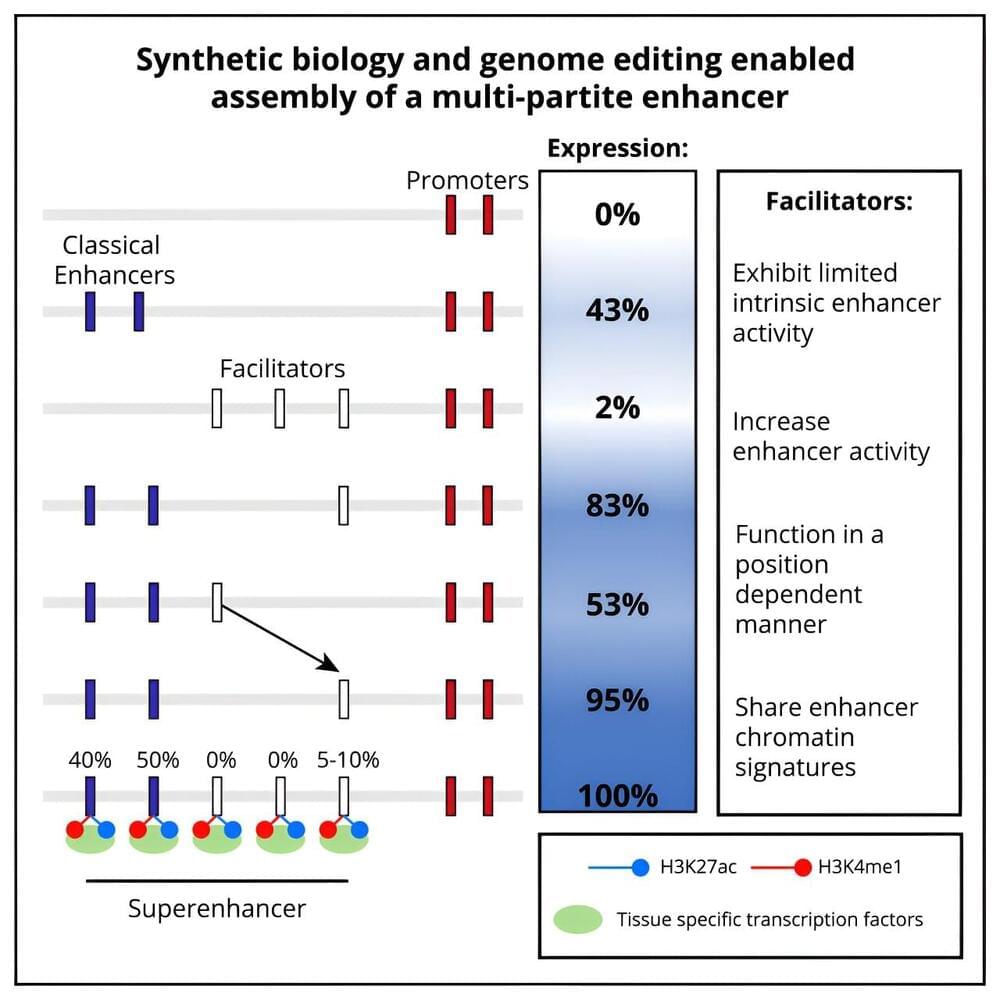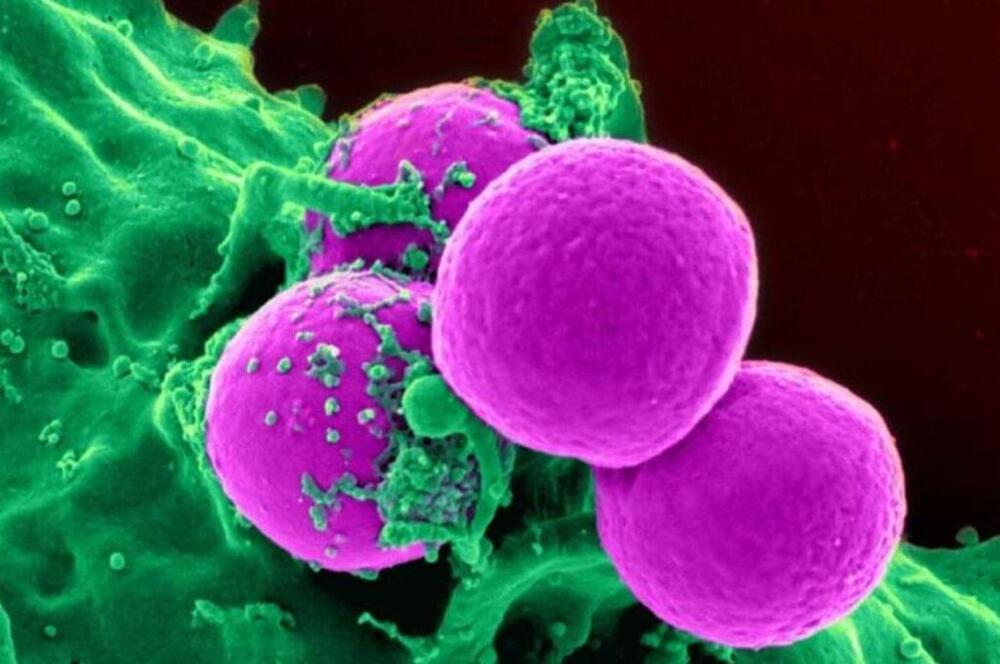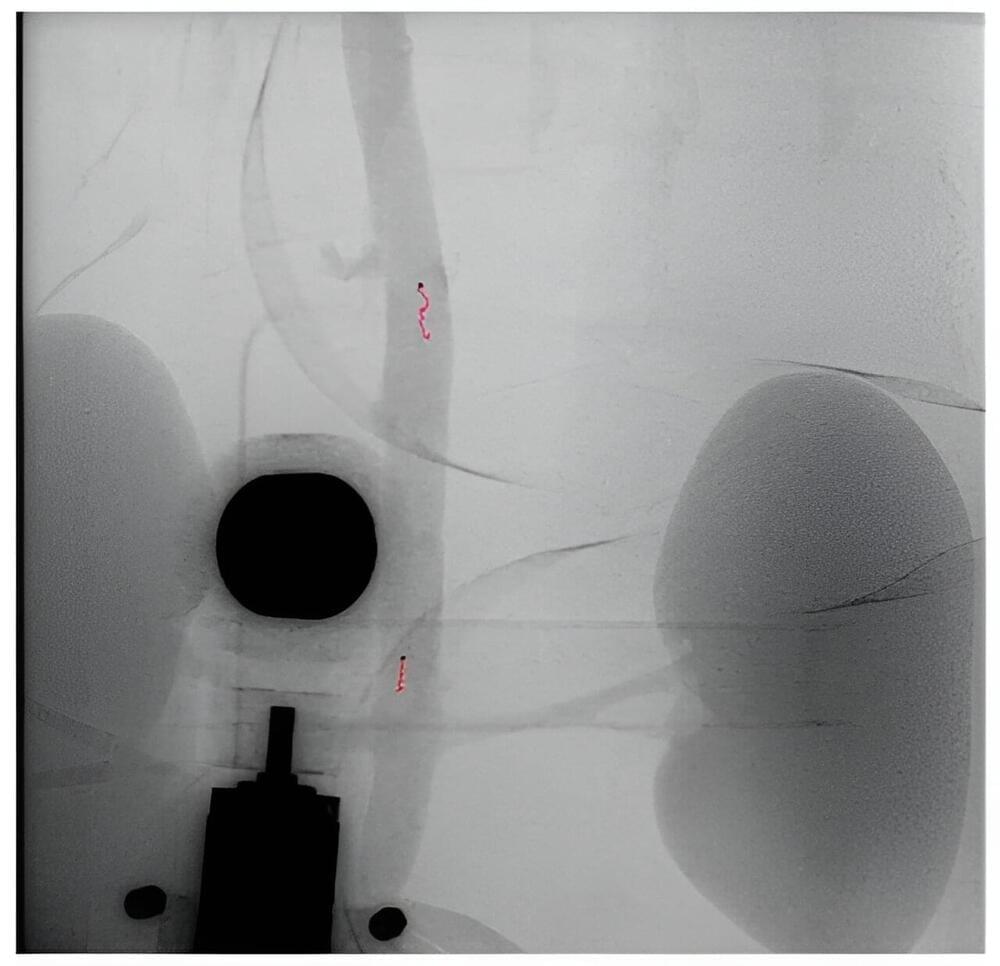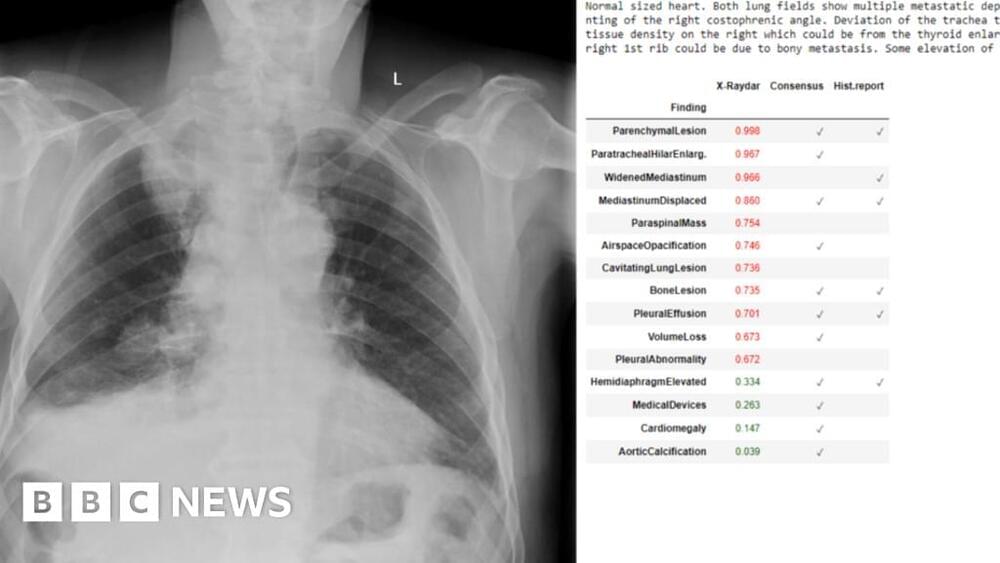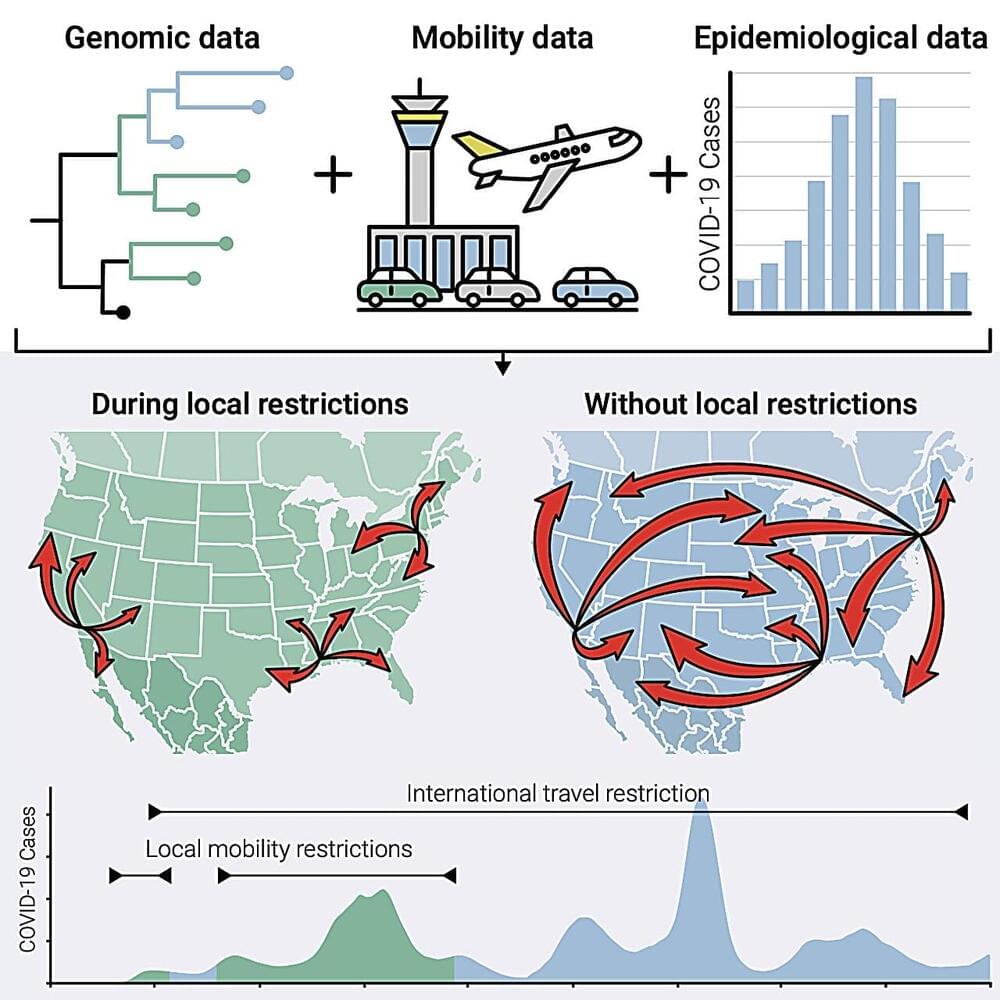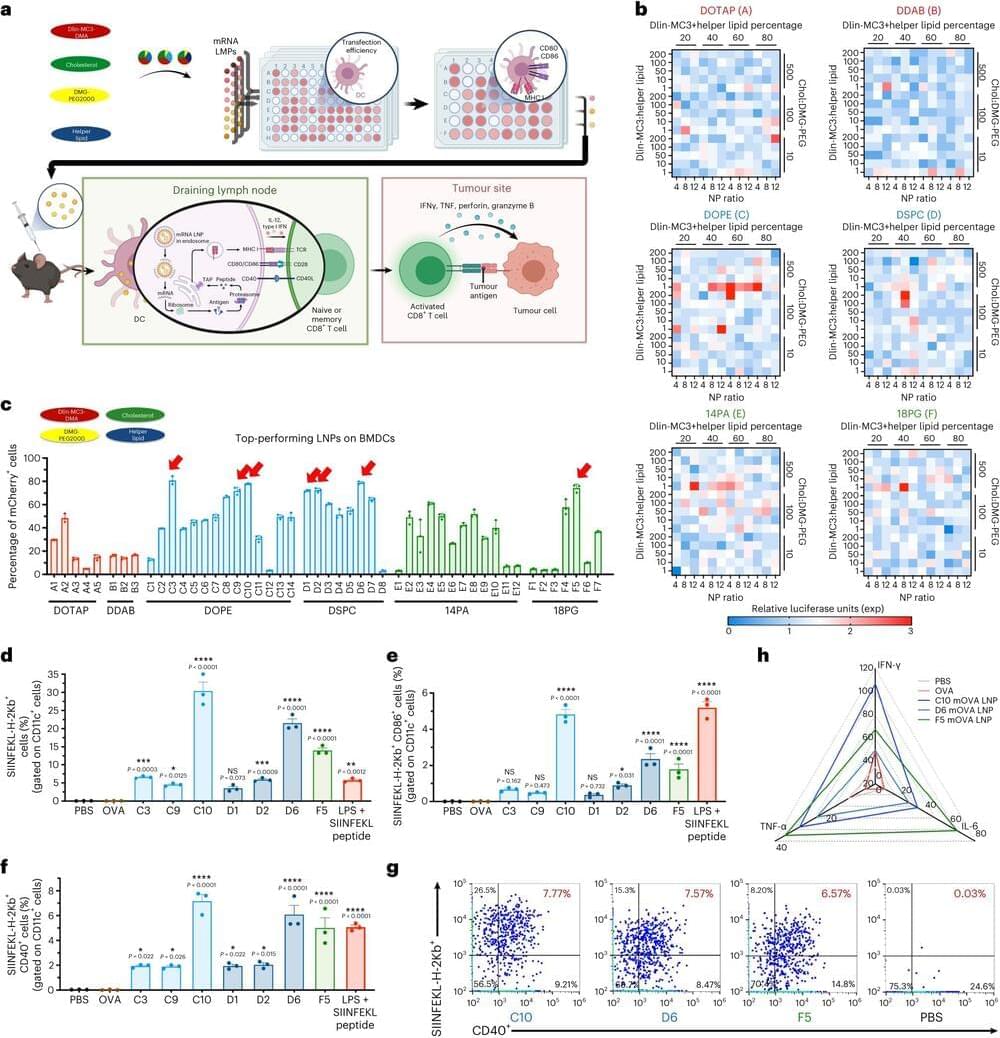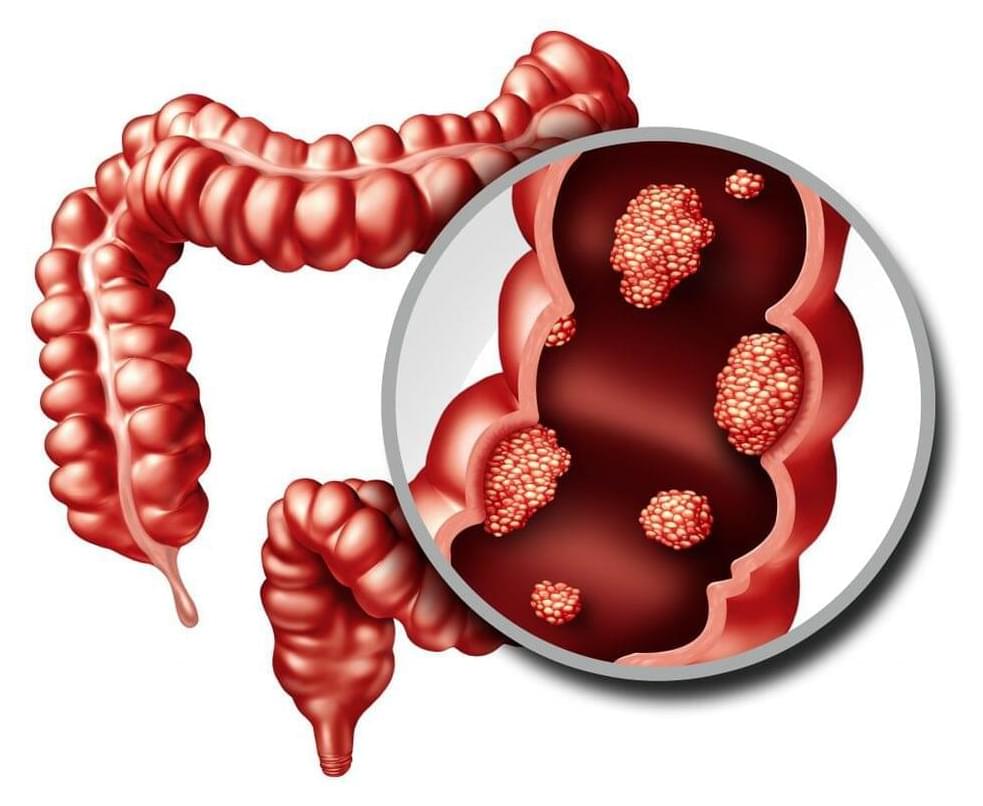
Prior studies have linked high blood cholesterol levels to various cancers, including colorectal cancers. However, it hasn’t been clear that lowering cholesterol can prevent colorectal cancers. Now, researchers at Weill Cornell Medicine have found in mice hard-to-detect colorectal pre-cancerous lesions known as serrated polyps, and the aggressive tumors that develop from them, depend heavily on the ramped-up production of cholesterol. Their finding points to the possibility of using cholesterol-lowering drugs to prevent or treat such tumors.
The findings are published in Nature Communications in an article titled, “Enhanced SREBP2-driven cholesterol biosynthesis by PKCλ/ι deficiency in intestinal epithelial cells promotes aggressive serrated tumorigenesis.”
“The metabolic and signaling pathways regulating aggressive mesenchymal colorectal cancer (CRC) initiation and progression through the serrated route are largely unknown,” the researchers wrote. “Although relatively well characterized as BRAF mutant cancers, their poor response to current targeted therapy, difficult preneoplastic detection, and challenging endoscopic resection make the identification of their metabolic requirements a priority. Here, we demonstrate that the phosphorylation of SCAP by the atypical PKC (aPKC), PKCλ/ι promotes its degradation and inhibits the processing and activation of SREBP2, the master regulator of cholesterol biosynthesis.”
